OTTAWA — On Friday afternoon, Scott Salmond, Peter Anholt and Al Murray, the three men chiefly in charge of Hockey Canada’s 2025 World Junior team, stood shoulder to shoulder inside Ottawa’s Delta Hotel and fielded 22 minutes of questions from reporters.
After Canada’s first-ever back-to-back quarterfinal exits at the tournament, Salmond said it was on him.
“The buck stops with me,” Salmond said. “The Program of Excellence is my responsibility. And so like other Canadians, I’m incredibly disappointed. I’m apologetic. … It’s not unacceptable but we can’t accept it. It’s something that we’ll work very diligently on improving. … You can blame me. If you think it’s scouting, I hire the scout. If you think it’s coaching, I hire the coach.”
At the end of the day, he said, it boiled down to too many penalties and not enough goals.
“That’s how we got here,” he said.
They stood by their decisions, though.
Anholt, their management group lead these last two years, said he wouldn’t make any changes to the lineups they used or the personnel they had. Head coach Dave Cameron’s decisions were “100 percent right on line,” with management’s view.
Asked to assess the job Cameron did with the team, Salmond spoke first of him as a character man he’s known a long time. After last year’s quarterfinal loss in Gothenburg, Salmond said they wanted an experienced coach and pointed to the eight Hockey Canada events Cameron had been a part of and his experience as an NHL coach.
“I thought from Day 1 of the camp we had an identity that we wanted to play and that Dave held firm to that identity,” Salmond said. “I think he pushed players in a way that Dave can. And then at the end, Dave doesn’t score goals, it’s his job to put players in positions to do that and I thought he did that.”
Murray, brought in to be the team’s head scout after a decades-long career as a director of scouting with the Tampa Bay Lightning and the Los Angeles Kings, said he didn’t think their team, which scored just one more goal than Germany and Switzerland in the event and two more than Kazakhstan, was short on talent.
“We didn’t score at times and that seemed to be a collective thing. I don’t know how to explain that,” he said. “We didn’t want to go with one-way players. We didn’t want to go with just competitors that didn’t have any skill and I thought we had a good combination of it. … I think the process was a sound process and I think we brought the players that we thought were the most deserving to have spots, and I thought we had a real good team that was capable of winning a gold medal.”
Anholt said they “wanted to have a back end that could really skate and defend with their legs and I think we proved that that was correct.”
“When I look at our group, I like our team, I think there’s a lot of talent there, we can skate, and we can do a lot of good things and we just didn’t get it done,” he added.
Salmond felt they were close, that if they could have come back against the Czechs after falling behind 3-1 on Thursday night, it could have been the spark they needed to ignite the team.
“I told our group before (the quarterfinal), ‘usually you get what you deserve’ and I actually thought yesterday we deserved a little bit better,” Salmond said.
He felt they dominated stretches of play against USA and Czechia, and pointed to a 24-6 shot advantage at one point in their New Year’s Eve game against the Americans.
“Those sound like excuses but in fact they’re reality,” Salmond said. “Do we need to blow everything up and start over? I don’t think so. I think we need to probably fine-tune some things. Again, this sounds like I’m making excuses, but we won two in a row prior to coming in and losing two in a row so it’s not completely a disaster. It is in the last two years but I think you’ve got to look at the long-term and the success that our program has had as well.”
They’ve also won the last two U17 tournaments, the last three Hlinka Gretzky Cups and last year’s U18 worlds, he pointed out.
“That should be indicative of success at U20s,” he said. “Why didn’t that translate this year? That’s something that certainly we’ll ask ourselves and we’ll do a little more investigation and spend some more time thinking about.”
The roster decisions, he said, were not political, or based on emotion. They were “calculated decisions based on winning,” he argued. “And sometimes you win and sometimes you don’t.”
Challenged on all of the potential goals they left at home, though, and why this Team Canada didn’t prioritize skill first and fitting skilled players into roles, like other Canadian national teams have before at higher levels, Anholt argued he doesn’t think that really works.
“You create a team that you fit in different roles and to be successful you need to do that,” Anholt said. “I don’t think that just looking at stats and bringing the most goals or the most assists, I don’t think that, that really does it. I think you have to look at character, you have to look at how they compete in any situation and I think we were comfortable with the group.”
Though Canada’s 113 penalty minutes were 24 more than the nearest team (Kazakhstan’s 79) through to Friday, Murray said it wasn’t a byproduct of the emphasis they placed on bringing gritty players.
Against USA, he felt their penalty troubles were earned. Against Czechia, he said he wasn’t so sure.
“I don’t think we expect players to take undisciplined penalties and I don’t think gritty players that have skill are guys that we don’t want to have as part of the team,” Murray said. “When you look at our players and go through the statistics of all of the guys that are on the team, they’re all high-skill players plus they bring a competitiveness that we were looking for. Sometimes it gets away from you a little bit and it did this tournament.”
They didn’t know when they named their roster, either, that Matthew Schaefer, their power-play quarterback and a player Salmond thought was their best defenseman, would go down with an injury.
“When we built the team, we built it on the group of players that we had at the time. And we have a (Tanner) Molendyk and a (Sam) Dickinson and some other guys who run power plays, we have power-play guys,” Salmond said. (Canada’s power play finished 4-for-19, a 21 percent clip that was sixth-best in the tournament through five games.)
Though they talked about a lack of team chemistry, they weren’t prepared to say that they should have practiced more, either — after not having a full practice in-tournament.
“That’s a situation where you’re always thinking about the fatigue of the players and the energy level, and the emotional level of the team,” Anholt said.
“That’s not really how it works,” he answered a follow-up about building chemistry in practice.
And “Why should (Canadian hockey fans) be confident that this management group has the answers moving forward?”
“I think we’ve proven to do things the right way, with the right people, and so that’s not going to change,” Salmond said. “I don’t think the results are always indicative of the people or the process. (But) in our country, you’ve got to win way more than you lose and that’s what we sign up for.”
Required reading
• Why Canada’s World Juniors struggles shouldn’t have been a surprise
• After another disappointing World Juniors, Hockey Canada has big questions to answer
(Photo Canada’s Ethan Gauthier, Luca Pinelli and Brayden Yager: Adrian Wyld / The Canadian Press via AP)

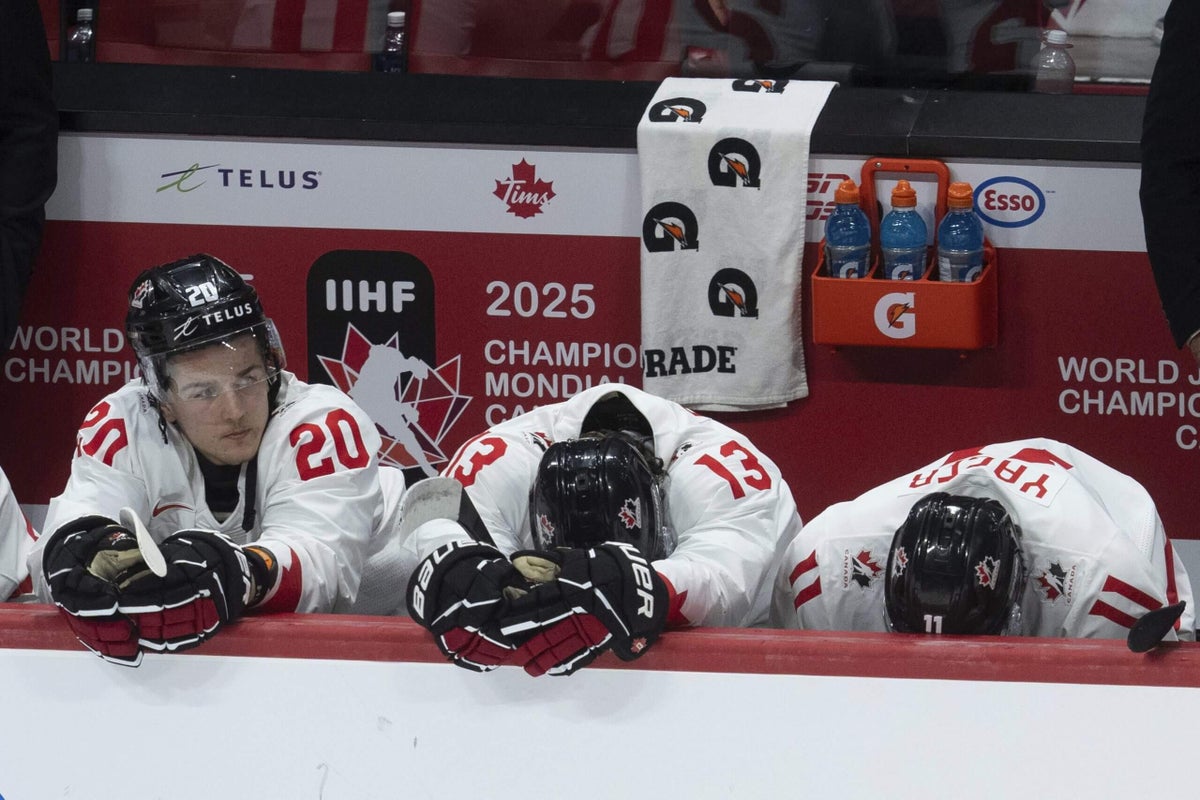
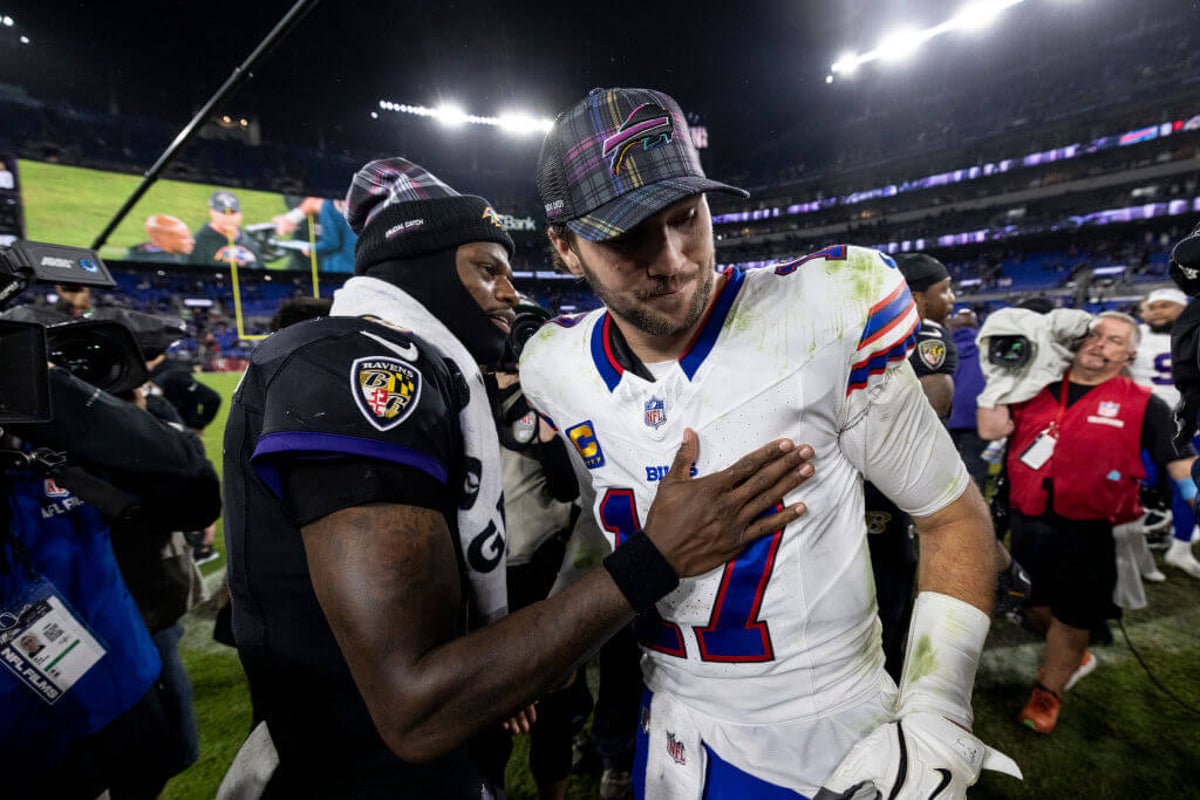
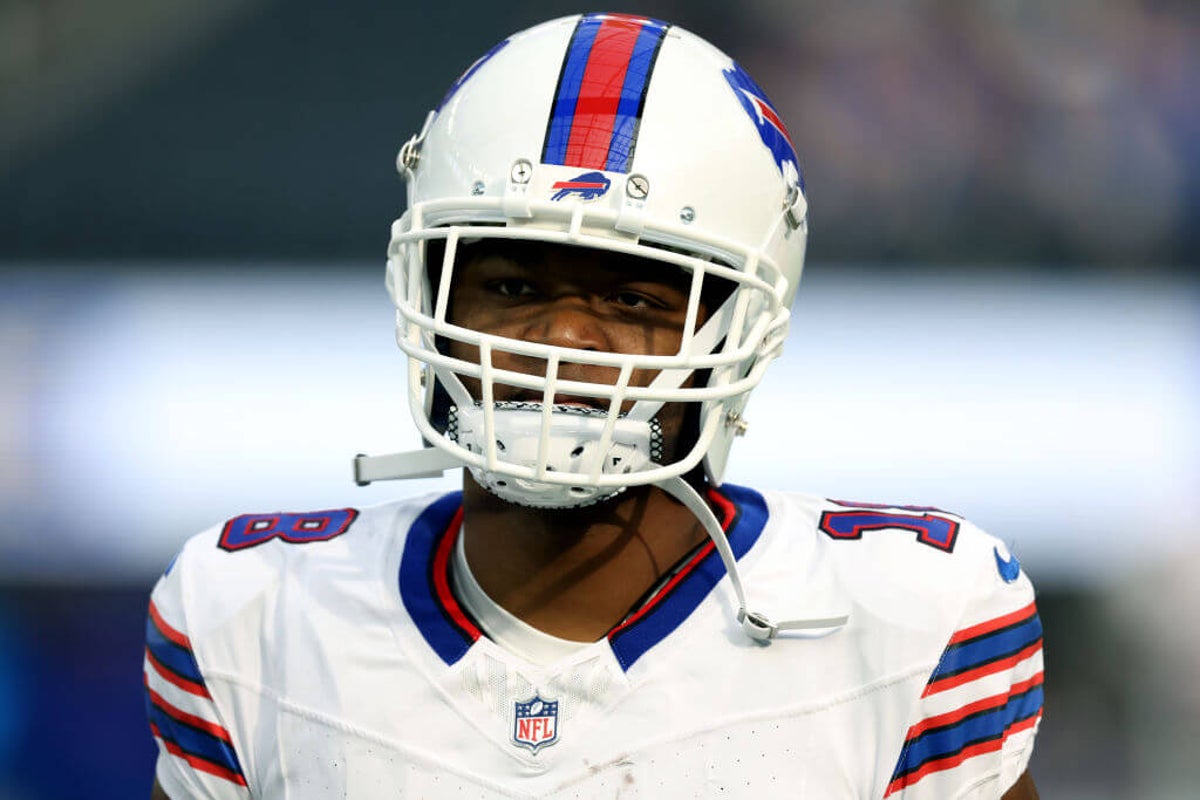
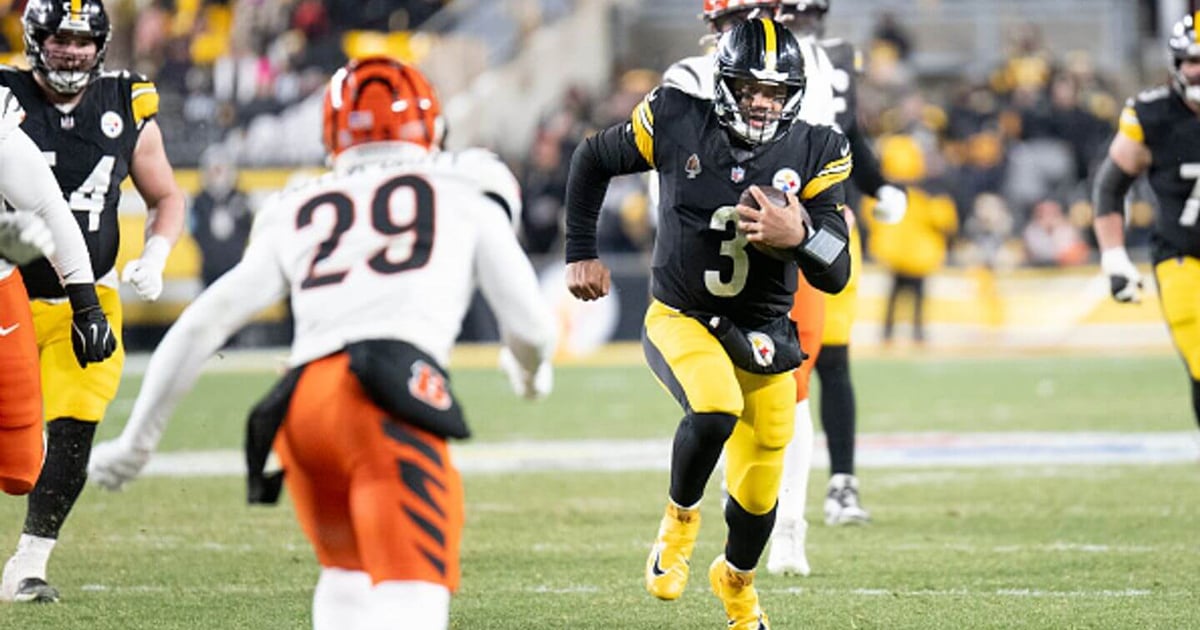
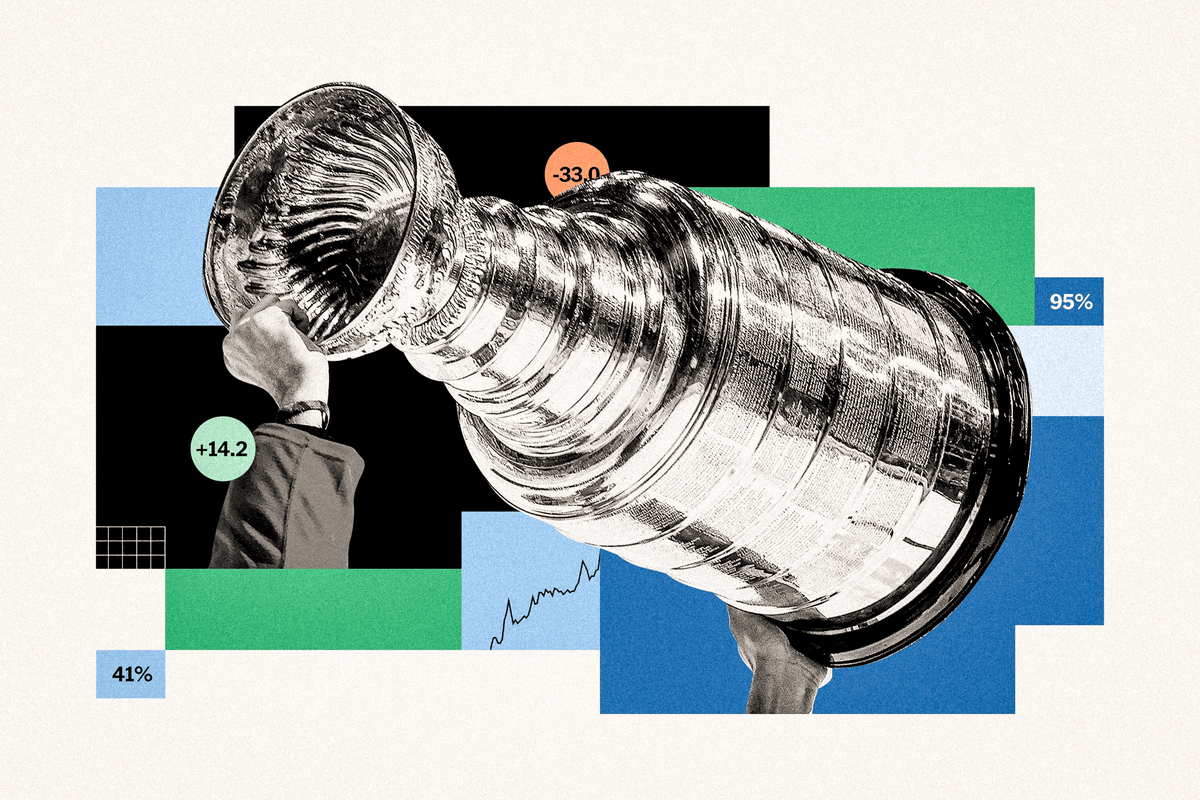
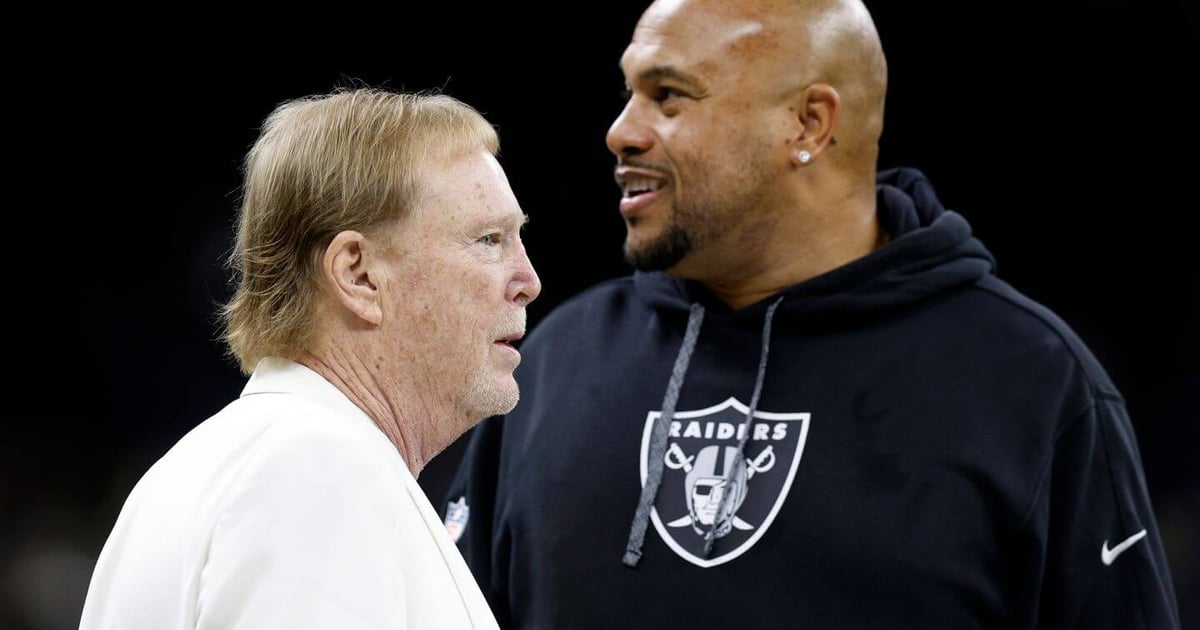

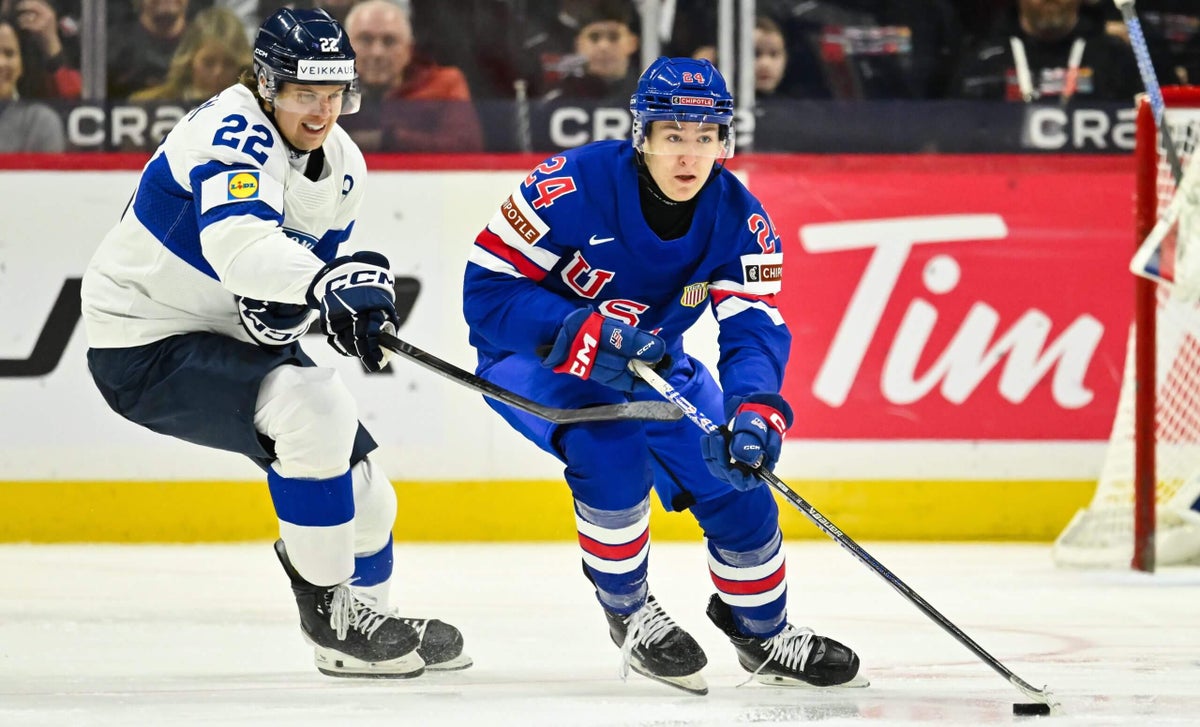

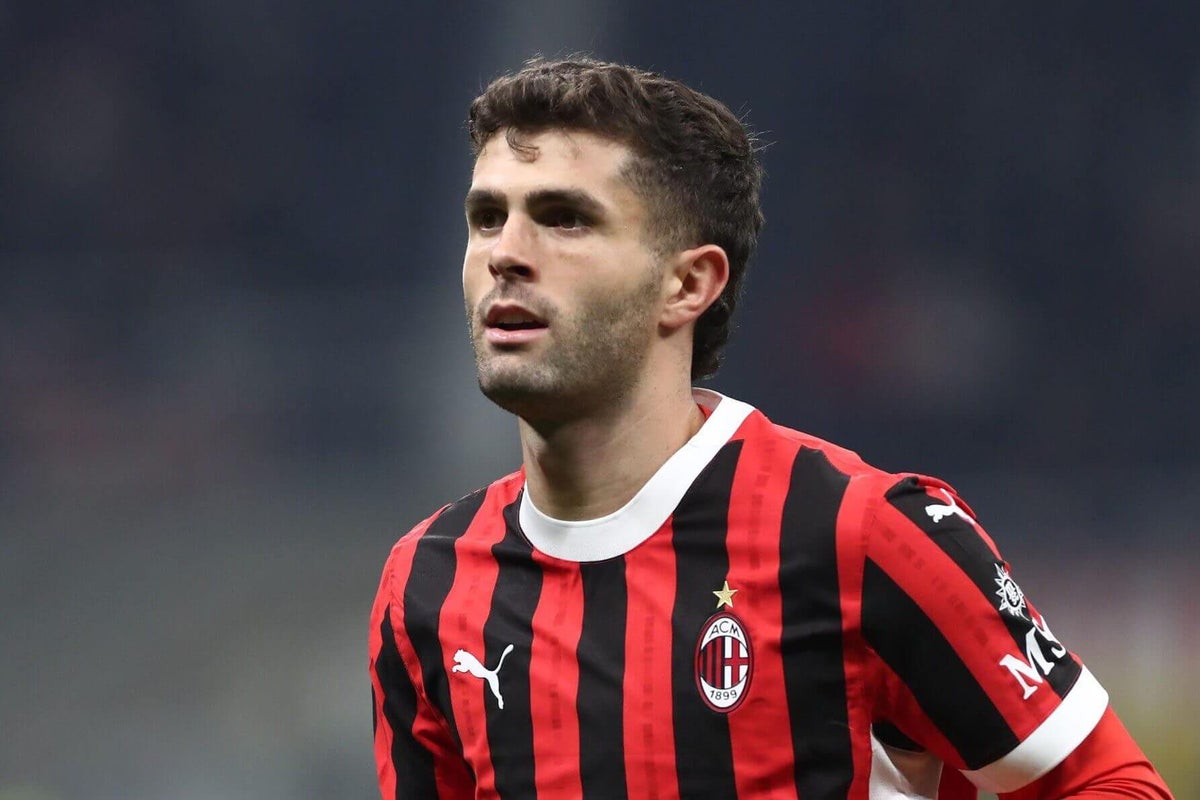
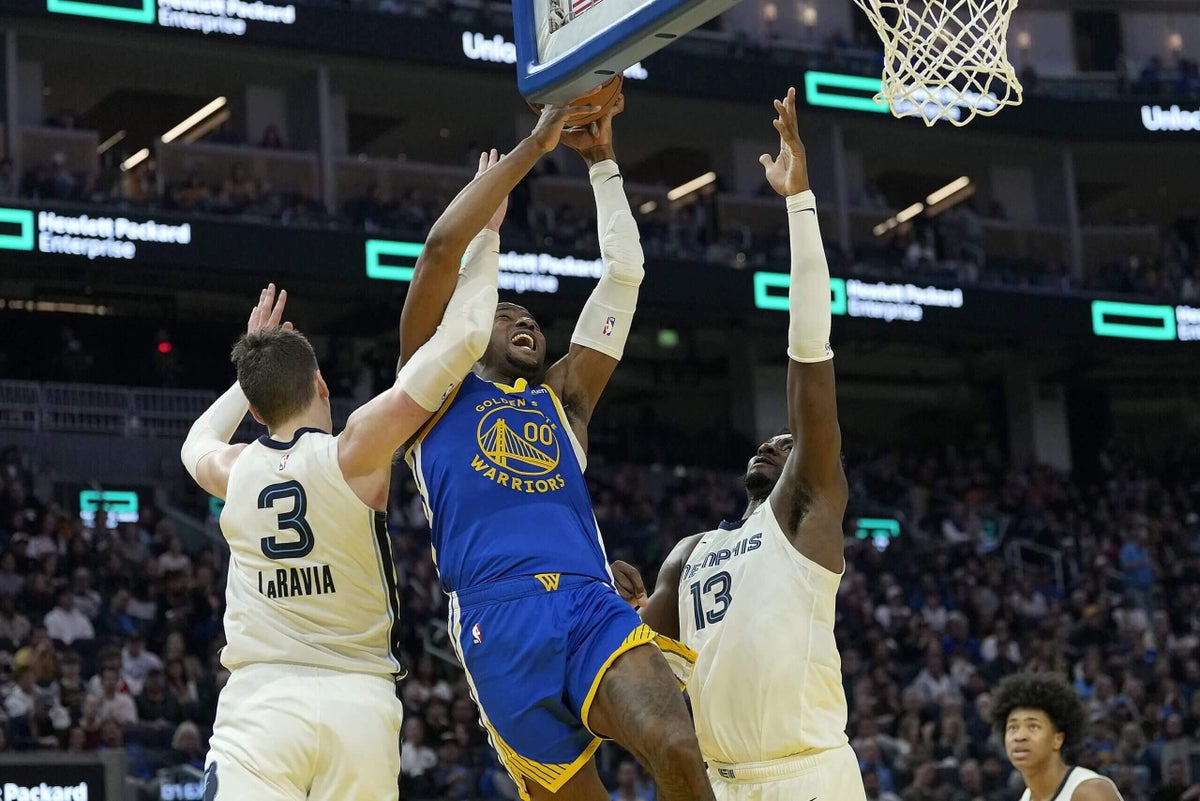

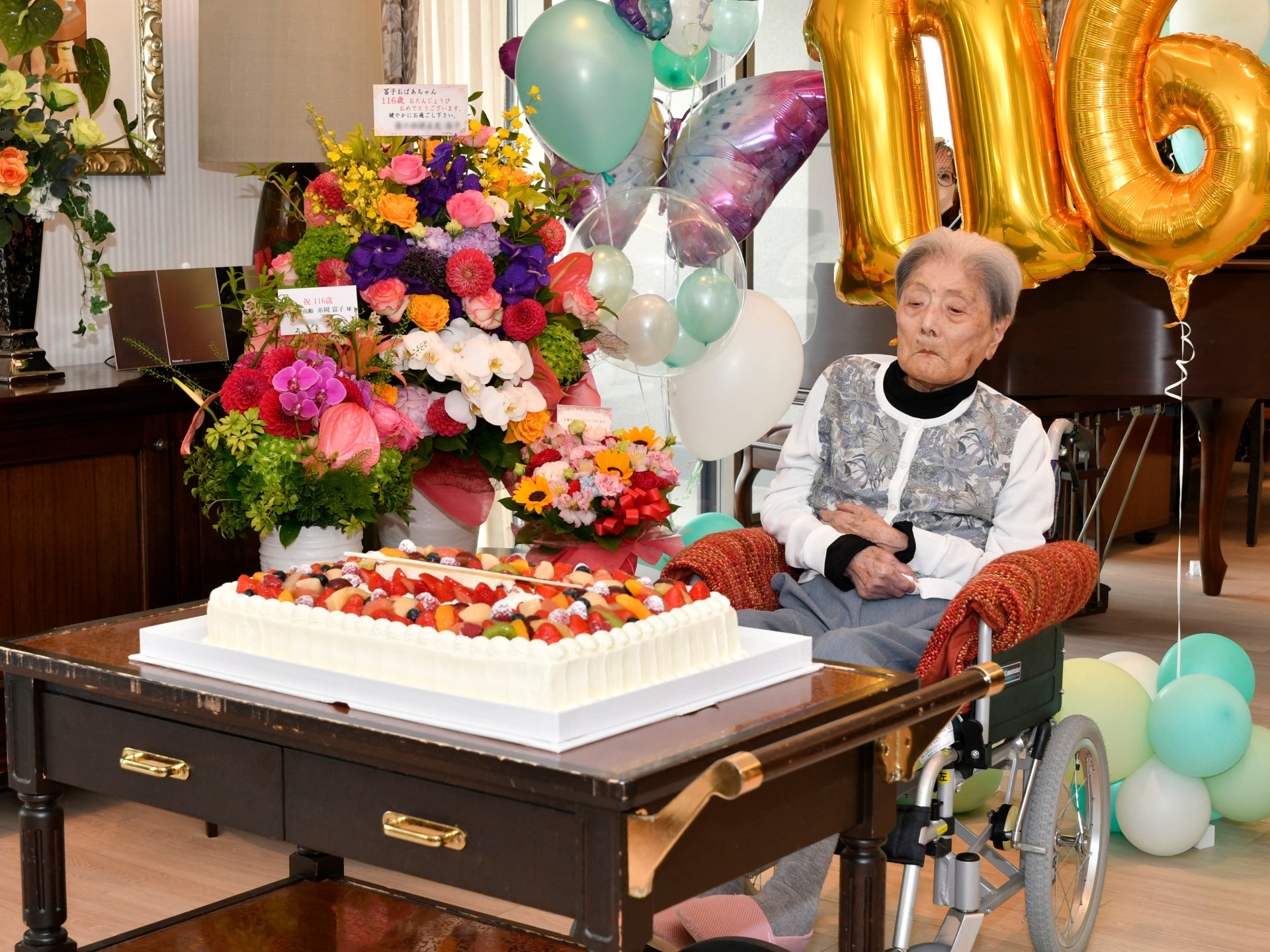
Leave a Reply